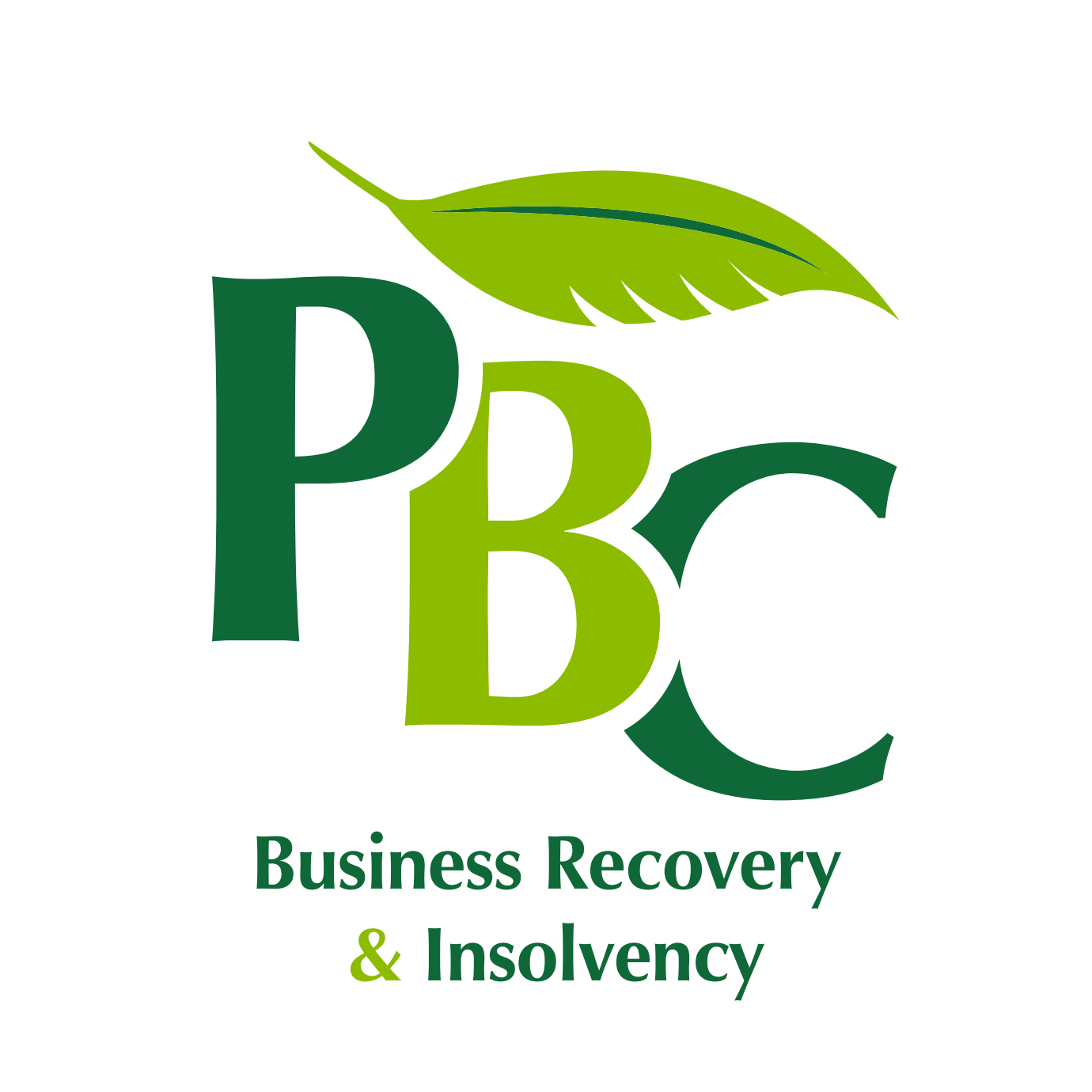Everyone wants a pop at someone and that someone ends up being us at times.
- Landlords losing a tenant or with rent arrears
- Creditors being owed money
- Director/shareholder disputes
- Employees losing their jobs
We’ve had creditors turn up with big burly men and threatening behaviour, verbal and written insults. Every man and his dog thinks that because a company has gone bust there must have been some wrong-doing which we absolutely must investigate. Albeit that is very rarely the case, in the few instances we do have to take legal action and lift the corporate veil, we then hear ‘you didn’t tell us that’ or something else, quite often insulting the person having given the advice.
If we know about it, we will tell you if it’s right or wrong. Even if there is an action, we report it to the Insolvency Service, but it rarely results in director disqualification. We can only pursue someone financially if they have anything to pursue and if it’s cost effective. However, if we don’t do so, that’s our fault too, even though we are an independent 3rd party who was not involved whatsoever in running that business. Often, we are accused of being in cahoots with the directors, just because they came to us for advice and we are helping them with their statutory duties, along with relieving them of some pressure at the same time.
We work in a very complex profession whereby the ‘entity’ we are acting for changes throughout, initially advising directors or individuals of their responsibilities and guiding them through the process before being formally appointed and then having a statutory duty to act for the creditors. Despite all of these, we remain in insolvency because we believe there is a value in what we do.
The insolvency process is beneficial although it’s a hard sell at a networking event, we can’t often offer much in return but may help you keep a client, ensure employees get paid, release directors from a lease enabling the premises be let to a more reliable business, put some money back into the public purse, return funds to unsecured creditors in quite a few occasions, relieve some pressure from business owners that simply need guidance so they don’t fall fowl and become one of those few above that do become personally liable.
We often provide enough support that our formal services are not needed.
Who knows – you may actually see the positives in what we can offer…..
By Claire Goodacre
If you need any advice or assistance on any corporate restructuring or insolvency-related issue, then please contact PBC Business Recovery & Insolvency on 01604 212150 (Northampton), 01234 989150 (Bedford) or email to enquiries@pbcbusinessrecovery.co.uk. Alternatively, visit www.pbcbusinessrecovery.co.uk for further information.




